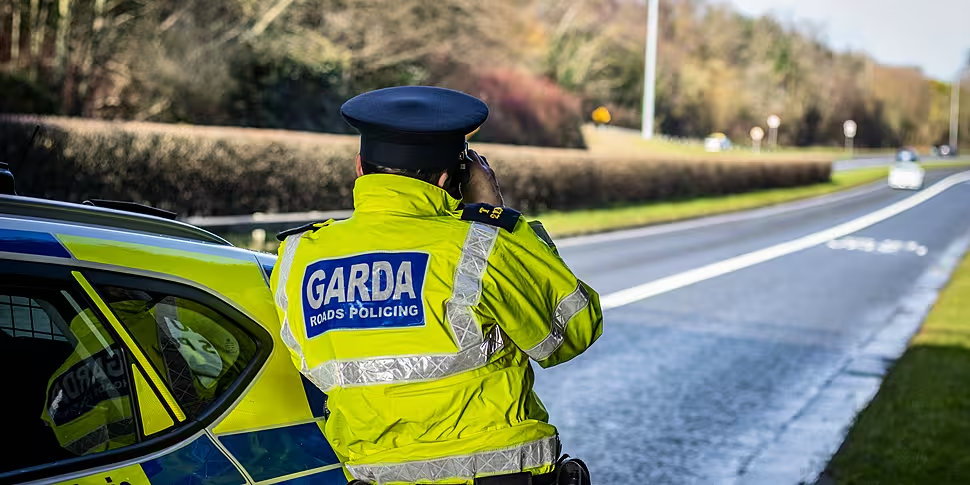Garda Commissioner Drew Harris’ new road policing directive will mainly serve as a “PR campaign”, according to journalist Gráinne Ní Aodha.
On Friday, Mr Harris announced all uniformed Gardaí would have to conduct 30 minutes of “high visibility roads policing” in their shifts.
With the goal to improve enforcement of road safety laws, Ms Ní hAodha told The Anton Savage Show this order should wake drivers up.
“Part of this is a PR campaign to let people know there will be more Gardaí looking out for stuff, so slow down,” she said.
“When you think of how you feel in the car when you see a Garda car, even if everything's perfect, you're kind of like, ‘Oh God, am I am I doing everything right?’.
“I suppose it's about creating that kind of feeling more often.”
However, Ms Ní Aodha also pointed out there has been some pushback and criticism to the new rule.
“One of the anonymous sources said that if a Garda catches someone for dangerous driving or makes an arrest, that's going to take longer than 30 minutes,” she said.
'That's a lot of Garda'
Writer and broadcaster Stefanie Preissner argued, however, the new 30-minute policing rule will change a lot of people’s behaviour on the road.
“If every Garda did 30 minutes during the shift, that's a lot of Garda presence on the roads,” she said.
“[If] there are more guards on the road, you're less likely to use your phone if you know.”
She said Gardaí who told The Daily Mail that this new rule “will have no effect” will make in ineffective themselves if they don’t commit.
“There are quotes that say once the media has once the media hype about this ends, it'll just go back to normal, because we will make it go back to normal,” she said.
Ms Ní Aodha pointed out that Gardaí may prefer the current system because it “creates a little separation from road policing, which enables them to have a good relationship with the community”.
Listen back here:









